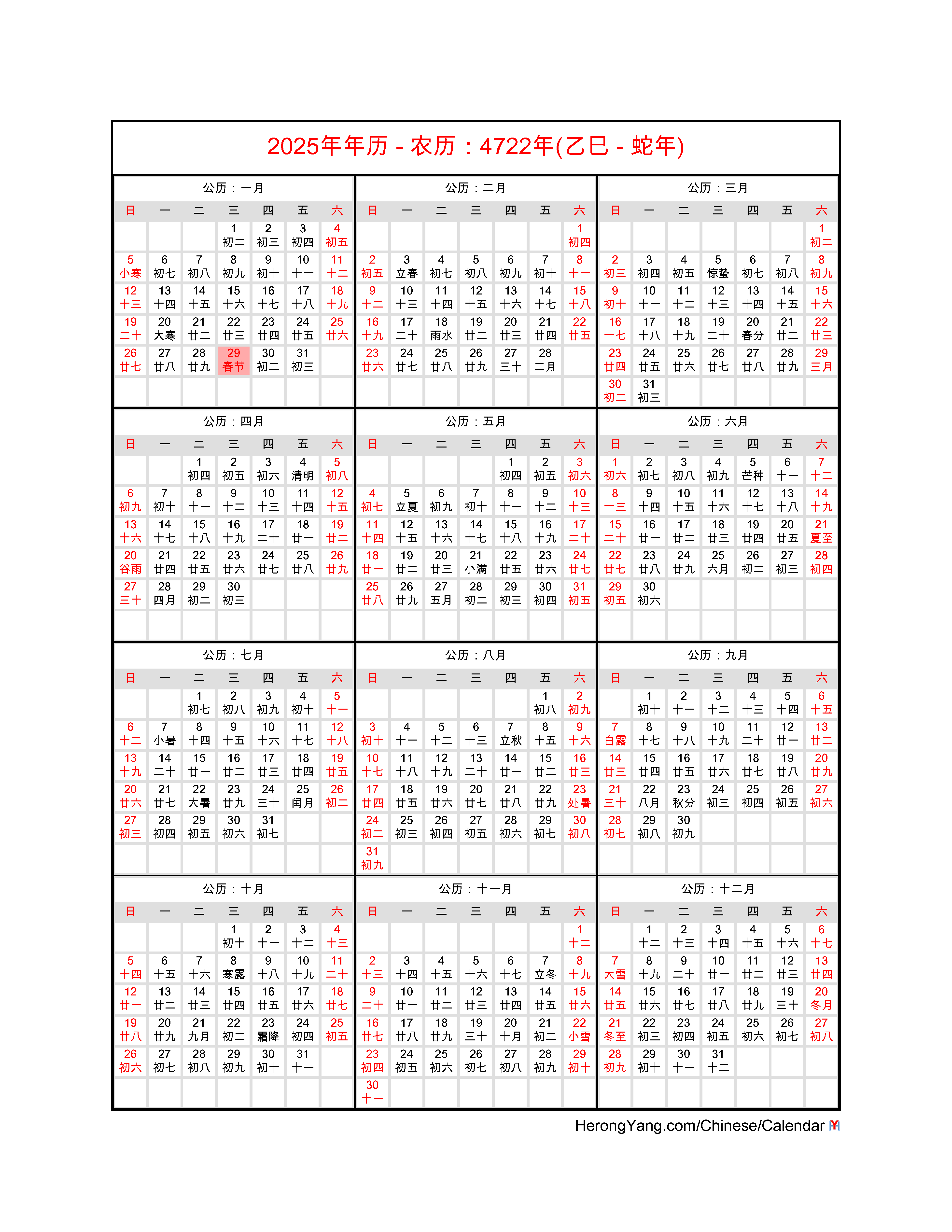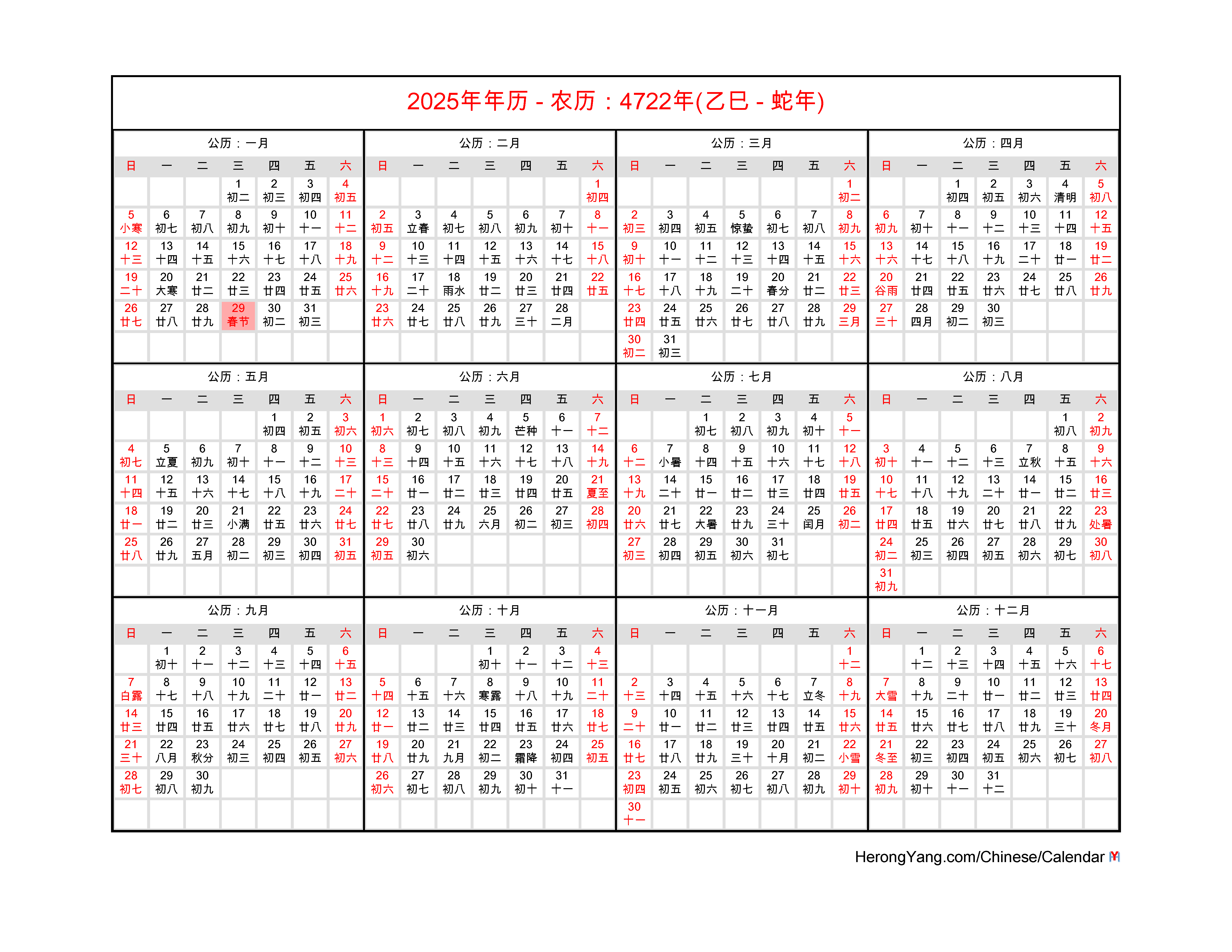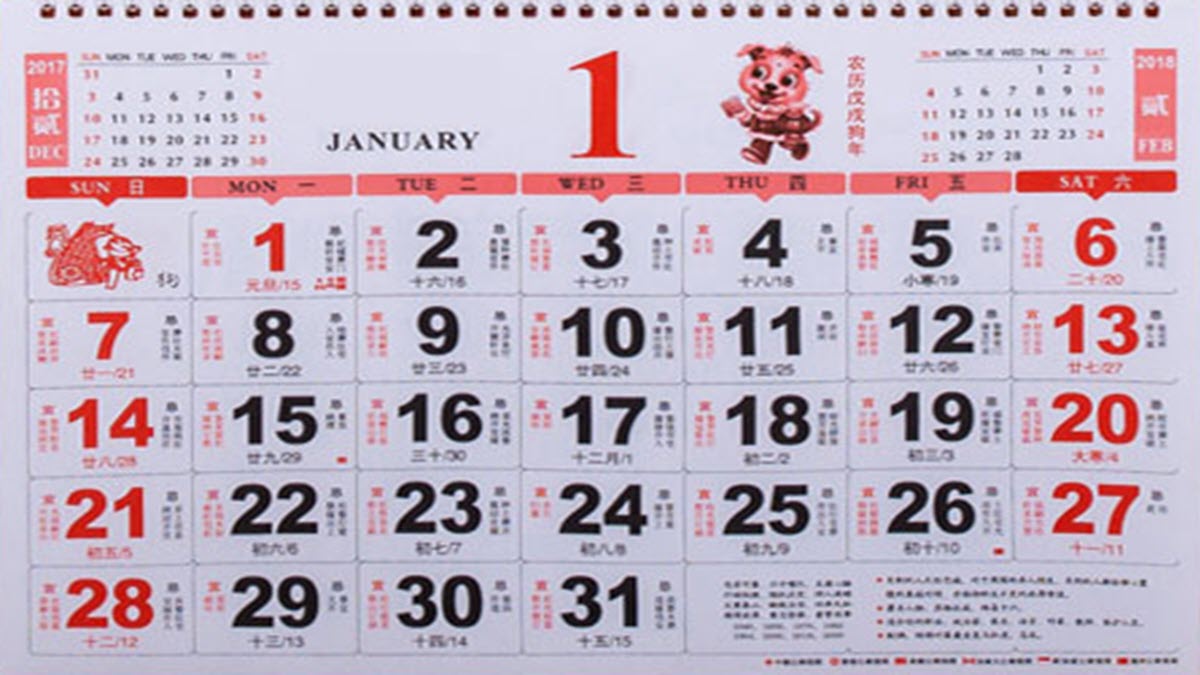2025 Holiday Calendar China: A Comprehensive Guide to Public Holidays and Festivals
Related Articles: 2025 Holiday Calendar China: A Comprehensive Guide to Public Holidays and Festivals
- May 3, 2025: A Day In The Calendar Of The Future
- 2025 Calendar 8 1/2 X 11
- The University Of Toronto 2025 Calendar: A Comprehensive Guide To Academic Planning
- Calendario 2025 Giugno
- Disney Calendar 2025: A Magical Journey Through The Year
Introduction
With great pleasure, we will explore the intriguing topic related to 2025 Holiday Calendar China: A Comprehensive Guide to Public Holidays and Festivals. Let’s weave interesting information and offer fresh perspectives to the readers.
Table of Content
Video about 2025 Holiday Calendar China: A Comprehensive Guide to Public Holidays and Festivals
2025 Holiday Calendar China: A Comprehensive Guide to Public Holidays and Festivals

China, with its rich cultural heritage and traditions, observes a diverse range of public holidays and festivals throughout the year. These holidays provide an opportunity for citizens to celebrate important cultural events, commemorate historical milestones, and spend time with family and friends. The 2025 holiday calendar in China offers a comprehensive overview of these significant dates, ensuring that individuals can plan their schedules accordingly.
New Year’s Day (January 1)
The first day of the Gregorian calendar marks the beginning of the new year in China. It is a time for reflection, renewal, and setting new goals. Families gather for traditional meals, exchange gifts, and participate in festive activities.
Spring Festival (January 22-28)
Also known as the Chinese New Year, Spring Festival is the most important holiday in China. It is a time for family reunions, feasting, and celebrating the arrival of spring. The festival is characterized by fireworks, dragon and lion dances, and the giving of red envelopes filled with money.
Qingming Festival (April 5)
Qingming Festival, also known as Tomb-Sweeping Day, is a time to honor deceased ancestors. Families visit the graves of their loved ones, clean and decorate them, and offer food and prayers.
Labor Day (May 1)
Labor Day is a public holiday in China that celebrates the contributions of workers. It is a day for parades, speeches, and honoring the workforce.
Dragon Boat Festival (June 2)
Dragon Boat Festival, also known as Duanwu Festival, commemorates the life of the ancient poet Qu Yuan. It is celebrated with dragon boat races, eating zongzi (glutinous rice dumplings), and drinking realgar wine.
Mid-Autumn Festival (September 29)
Mid-Autumn Festival is a time for family reunions and celebrating the harvest moon. It is a day for mooncakes, lanterns, and family gatherings.
National Day (October 1)
National Day commemorates the founding of the People’s Republic of China on October 1, 1949. It is a day for parades, fireworks, and celebrating the achievements of the nation.
Winter Solstice (December 22)
Winter Solstice, also known as Dongzhi Festival, marks the shortest day and longest night of the year. It is a time for family gatherings, eating glutinous rice balls, and celebrating the return of the sun.
Additional Public Holidays
In addition to the major holidays listed above, China also observes several other public holidays throughout the year. These include:
- Chinese New Year Eve (January 21)
- Lantern Festival (January 29)
- Qingming Festival Eve (April 4)
- May Day (May 2)
- Dragon Boat Festival Eve (June 1)
- Mid-Autumn Festival Eve (September 28)
- National Day Eve (September 30)
Planning Your Trip to China
When planning a trip to China, it is important to consider the holiday calendar to avoid any potential disruptions to your travel plans. Major holidays, such as Spring Festival and National Day, can lead to significant crowds and transportation delays. It is advisable to book accommodations and transportation in advance, especially during these peak periods.
Cultural Significance
The holidays and festivals observed in China play a vital role in preserving and celebrating the country’s cultural heritage. They offer opportunities for families and communities to come together, share traditions, and honor their ancestors. By understanding the significance of these holidays, visitors can gain a deeper appreciation for the rich cultural tapestry of China.
Conclusion
The 2025 holiday calendar in China provides a comprehensive overview of the public holidays and festivals that will be observed throughout the year. By planning your trip accordingly, you can ensure that you have the opportunity to experience the vibrant culture and traditions of China firsthand. Whether you are visiting during a major holiday or a quieter period, there is always something to discover and celebrate in this dynamic and fascinating country.







Closure
Thus, we hope this article has provided valuable insights into 2025 Holiday Calendar China: A Comprehensive Guide to Public Holidays and Festivals. We hope you find this article informative and beneficial. See you in our next article!